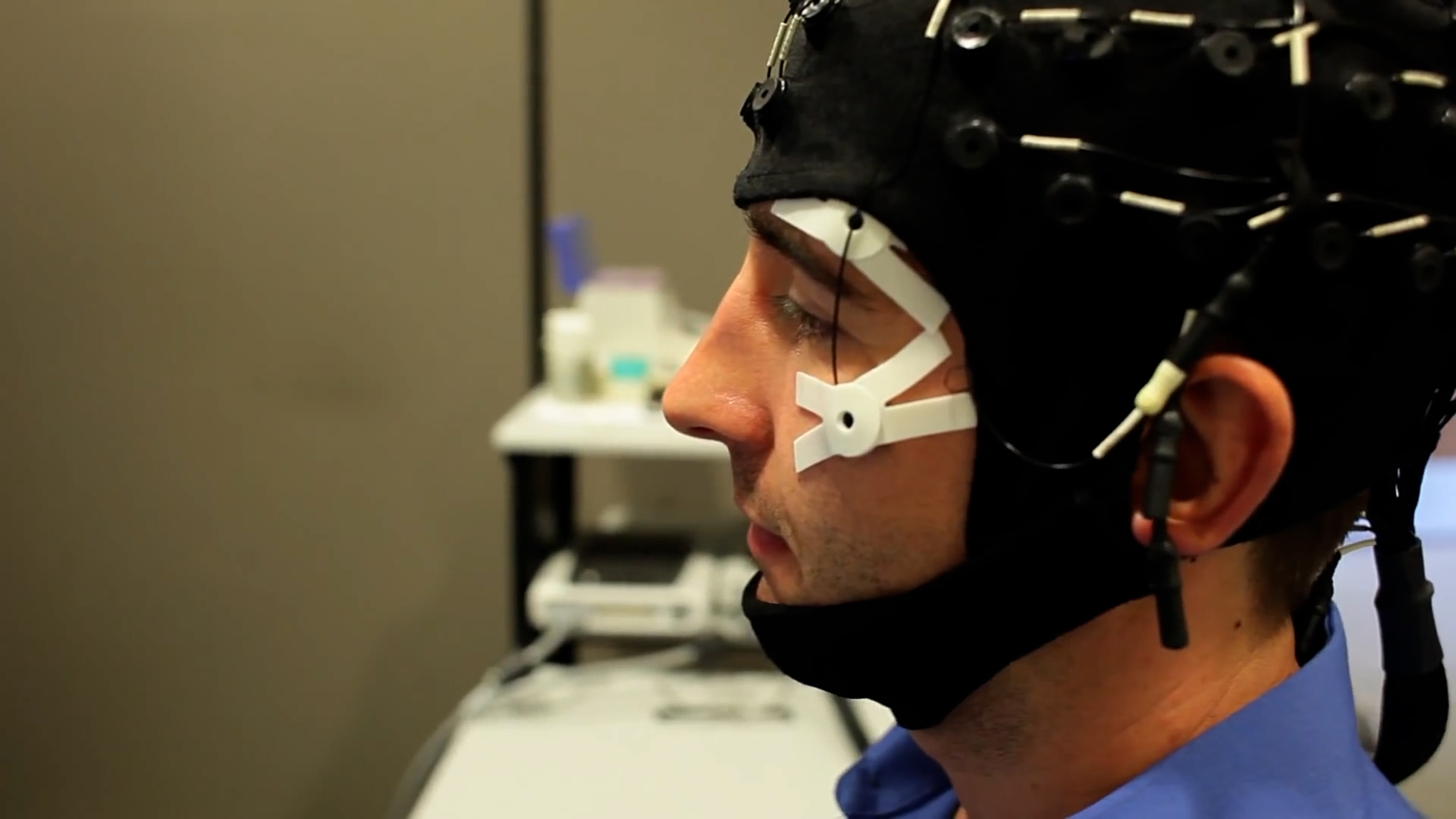
Center for BrainHealth Investigates the Impact of Auditory Beat Stimulation on Cognition
Center for BrainHealth
Share this article
Related Information

Participate in a Study

Neural Consequences of Binaural Beat Stimulation on Auditory Sentence Comprehension: An EEG Study
This study explores the effects of binaural beats on language processing and neural oscillations, especially the processing of complex sentences. Findings shed new light on neural mechanisms and cognitive benefits of binaural beats.